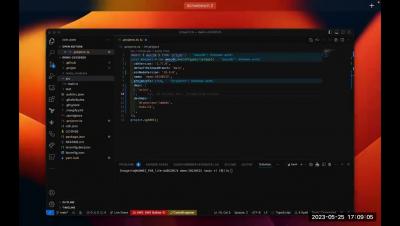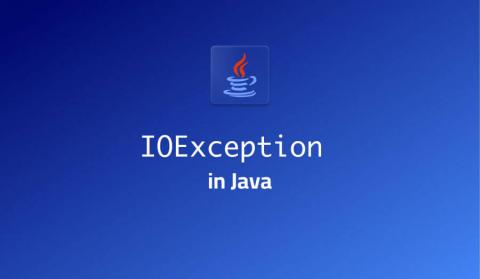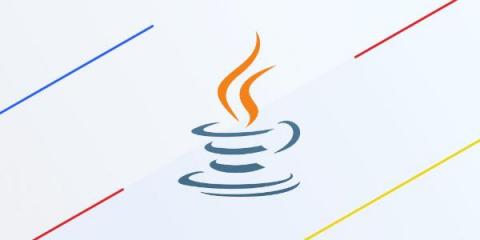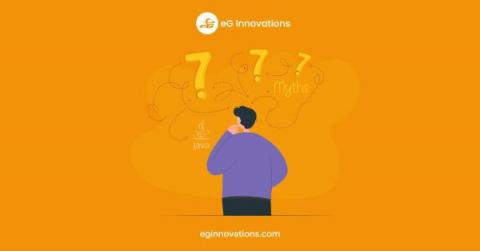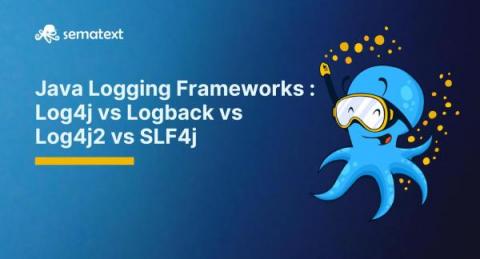Operations | Monitoring | ITSM | DevOps | Cloud
Java
Crash Course on Building and Monitoring AWS CDK Apps
Java Application Profiling with Prefix featuring OpenTelemetry
IOException in Java
IOException is the most generic exception in a large group of Java exceptions that express input/output and networking errors in Java applications.
Learnings integrating jmxtrans
JMX metrics give solid insights into the workings of your application. Integrating them with Levitate (our time series data warehosue) required us to jump some hoops with vmagent.
Profiling Using Java Agents
The core functionality of the Java Instrumentation API lies in its ability to modify the bytecode of classes being executed by the virtual machine. This capability allows for a range of monitoring tasks to be carried out, such as event recording and data gathering, which can provide valuable insights into an application's performance and behavior.
Prefix Native Java Profiler Demo
Java performance optimization tips: How to avoid common pitfalls
7 Myths of Java Memory Leaks: What SREs Need to Know and Communicate
Consider the scenario – You are an SRE (Site Reliability Engineer) joining a team to take charge of their Java applications. It has been reported that a Java application is very flaky in terms of memory issues.
Java Logging Frameworks Comparison: Log4j vs Logback vs Log4j2 vs SLF4j Differences
Any software application or a system can have bugs and issues in testing or production environments. Therefore, logging is essential to help troubleshoot issues easily and introduce fixes on time. However, logging is useful only if it provides the required information from the log messages without adversely impacting the system’s performance. Traditionally, implementing logging that satisfies these criteria in Java applications was a tedious process.



